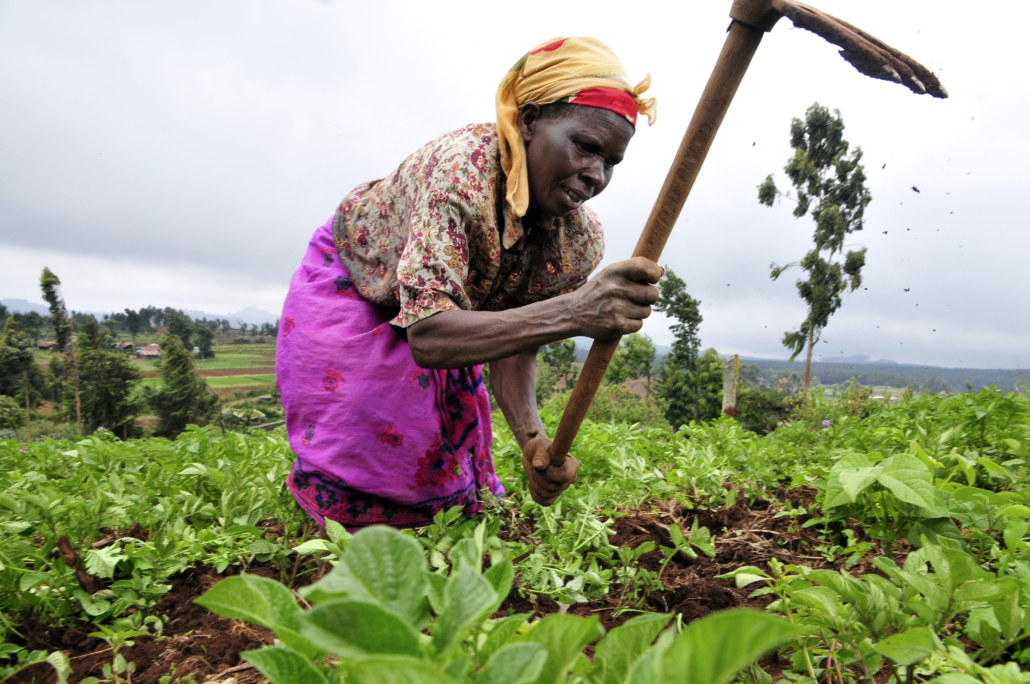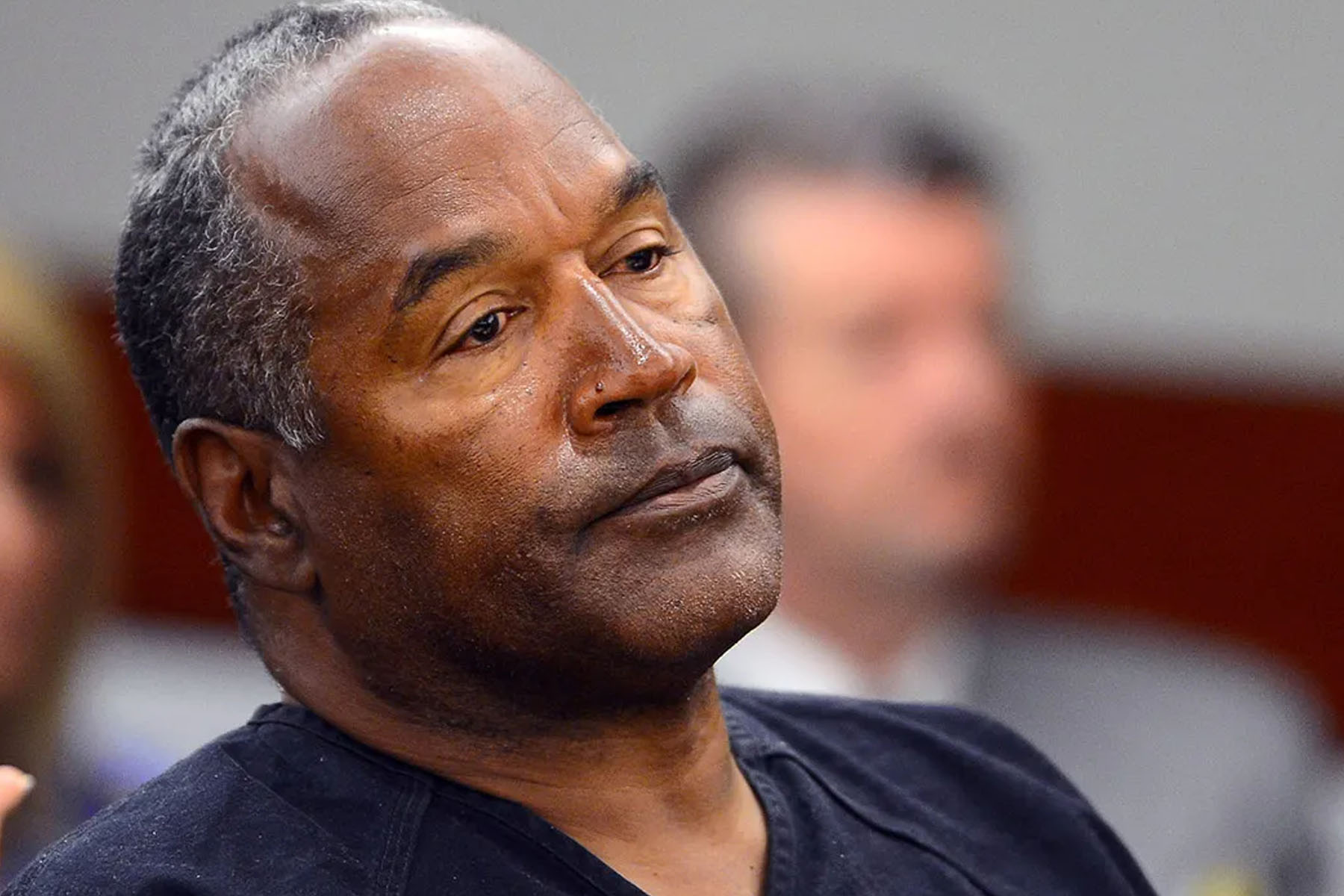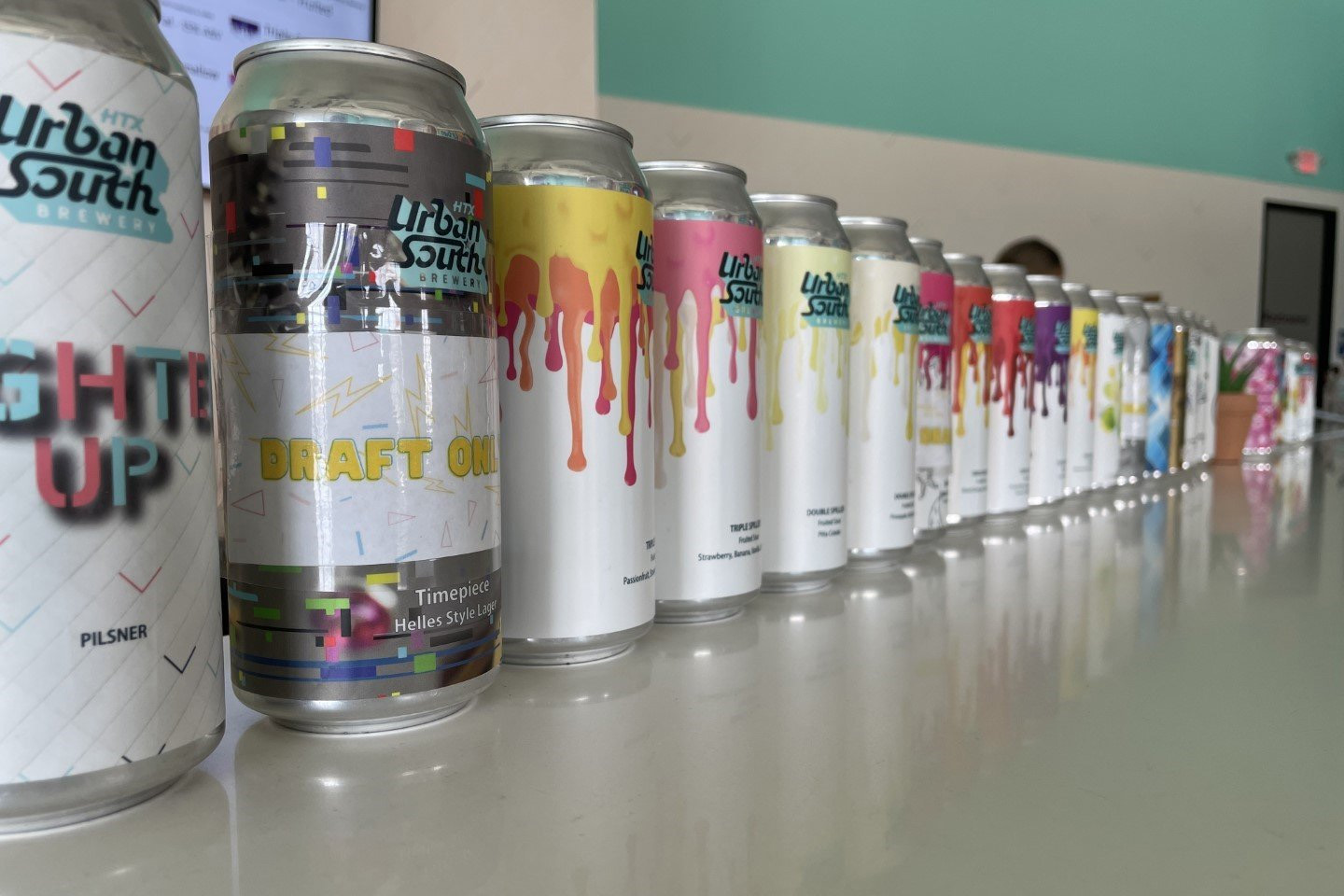Lifestyle
West African products that are in high demand in the United States
Sed ut perspiciatis unde omnis iste natus error sit voluptatem accusantium doloremque laudantium, totam rem aperiam.

Lifestyle
Photographer alleges he was forced to watch Megan Thee Stallion have sex and was unfairly fired

LOS ANGELES (AP) — A photographer who worked for Megan Thee Stallion said in a lawsuit filed Tuesday that he was forced to watch her have sex, was unfairly fired soon after and was abused as her employee.
In the suit filed in Los Angeles Superior Court, Emilio Garcia said that after a night out in 2022 in Ibiza, Spain, he was in an SUV with the hip-hop star when she began having sex with another woman right next to him. He was unable to get out of the moving car, and would have been in the middle of nowhere in a foreign country even if he was able. Garcia was “embarrassed, mortified and offended throughout the whole ordeal,” according to the lawsuit.
Alex Spiro, Megan’s lawyer, said she would fight the lawsuit in court.
“This is an employment claim for money — with no sexual harassment claim filed and with salacious accusations to attempt to embarrass her,” Spiro said.
The next day Megan told Garcia never to discuss what he saw and berated and fat-shamed him, the lawsuit said. The complaint also said Garcia, who had already considered quitting because he was overworked and underpaid in a hostile work environment aggravated by Megan’s possessiveness and abusiveness, was misclassified as an independent contractor but treated as an exclusive employee.
Garcia raised those issues in the conversation with Megan, and was fired the following day after four years of working for her, the suit said. He has since filed a job discrimination complaint with the California Civil Rights Department.
The lawsuit, first reported by NBC News, names as defendants Megan, whose legal name is Megan Pete; her companies Megan Thee Stallion Entertainment and Hot Girl Touring; and her label, Roc Nation. A defense response has yet to be filed. There was no immediate response to an email seeking comment from a representative of Roc Nation.
Garcia is seeking financial damages to be determined at trial, alleging he has suffered severely both emotionally and physically because of his treatment on the job, the firing and having to witness the scene in the SUV.
Megan, 29, was previously involved in major legal drama — and underwent a torrent of online abuse — as the victim of a shooting by rapper Tory Lanez, who a jury found fired at her feet on a street in the Hollywood Hills in 2020. She testified at the trial where jurors convicted Lanez of three felonies and a judge sentenced him to 10 years in prison.
Already a major rising artist at the time of the shooting, Megan has since become one of hip-hop’s biggest stars. She won a Grammy for best new artist in 2021, and she had No. 1 singles with “Savage,” featuring Beyoncé, and as a guest on Cardi B’s “WAP.”
Lifestyle
Body of O.J. Simpson to be cremated this week; brain will not be studied for CTE

April 15 (UPI) — The body of O.J. Simpson, who died last week at the age of 76, is to be cremated, a lawyer representing the ex-football superstar’s estate said, adding his brain will not be donated for research.
Malcolm LaVergne, Simpson’s longtime attorney and executor, told the New York Post that his client’s body is to be cremated Tuesday in Las Vegas.
He said Simpson’s family also gave a “hard no” to scientists seeking to examine the former running back’s brain for chronic traumatic encephalopathy, which is better known as CTE.
CTE is a rare and little understood brain disorder that is likely caused by repeated blows to the head. According to the Mayo Clinic, CTE results in the death of nerve cells in the brain and the only way to definitively diagnose it is with an autopsy of the organ after death.
Memory and thinking problems, confusion, personality changes and erratic behavior, including aggression, depression and suicidal ideation, are among CTE’s symptoms, the Alzheimer’s Association said.
The disease has been found in those who play contact sports, including football and hockey.
LaVergne confirmed to NBC News on Sunday that at least one person has called seeking Simpson’s brain.
“His entire body, including his brain, will be cremated,” he said.
Simpson died Wednesday following a battle with cancer.
Known by the nickname “The Juice,” Simpson was a NFL superstar during the 1970s, which made him a household name that propelled him into film and television during the next decade.
But his stardom would come crashing down in the mid-1990s when he was accused of killing his ex-wife Nicole Brown Simpson and her friend Ron Goldman.
His high-profile trial lasted months, but ended with his acquittal.
In 2008, he was found guilty on a dozen charges, including kidnapping and armed robbery, and was paroled in 2017 after serving nine years of his 33-year sentence.
Houston
Houston’s Urban South Brewery Celebrates Fourth Anniversary

Urban South Brewery Houston will host its upcoming Anniversary Party from Friday, April 5 through Sunday, April 7, in the HTX Taproom, starting at 11 AM, celebrating four years of crafting exceptional brews and fostering community culture. This milestone event will be an exciting day featuring live music, food, activities, and a vendor market.
Beer enthusiasts are also in for a treat with the release of four exclusive anniversary specialty beers. Highlights include “Press Start,” a crafted Czech Pale Lager brewed in collaboration with Parleaux Beer Lab. Additionally, beer fans can indulge in “Level Up,” an Old-Fashioned Cocktail Sour Ale infused with orange peel, Luxardo cherry syrup, and subtle bourbon barrel notes. The offerings continue with “High Score,” a robust Double IPA bursting with flavors of Mosaic, Citra, and Chinook hops, and “Game Over,” a decadent Neapolitan Ice Cream Stout layered with strawberry fruit, Tahitian vanilla bean, and milk chocolate.
To make the celebration even more memorable, fans can pre-order an Exclusive 8-Bit Beer Box featuring the four-anniversary specialty beers (Press Start, Level Up, High Score, Game Over), a 16oz can-shaped Silipint with discounted refills, and 2 tokens redeemable for draft beer.
The Anniversary Party is open to the public, welcoming families and furry friends. Urban South Brewery invites everyone to join in the festivities and toast to four years of brewing excellence.
For more information on Urban South’s Anniversary Celebration, follow the Houston taproom on Instagram and Facebook.
-

 Column2 weeks ago
Column2 weeks agoNavigating Bias and Ethics in AI-Powered Cybersecurity: The BRACE Framework Approach
-

 News2 weeks ago
News2 weeks agoTrump trial update: Trump rebuked by judge for speaking during jury selection — and 7 jurors are seated
-

 Lifestyle2 weeks ago
Lifestyle2 weeks agoBody of O.J. Simpson to be cremated this week; brain will not be studied for CTE
-

 Education2 weeks ago
Education2 weeks ago11 Communication Students Awarded Scholarships at TSU’s Commweek
-

 Africa2 weeks ago
Africa2 weeks agoDonors raise more than 2 billion euros for Sudan aid a year into war
-

 Africa2 weeks ago
Africa2 weeks agoSA users of Starlink will be cut off at the end of the month
-

 News2 weeks ago
News2 weeks agoNigeria: chibok abduction anniversary spurs demands for justice
-

 News2 weeks ago
News2 weeks agoNigeria suspends permit of 3 private jet operators













